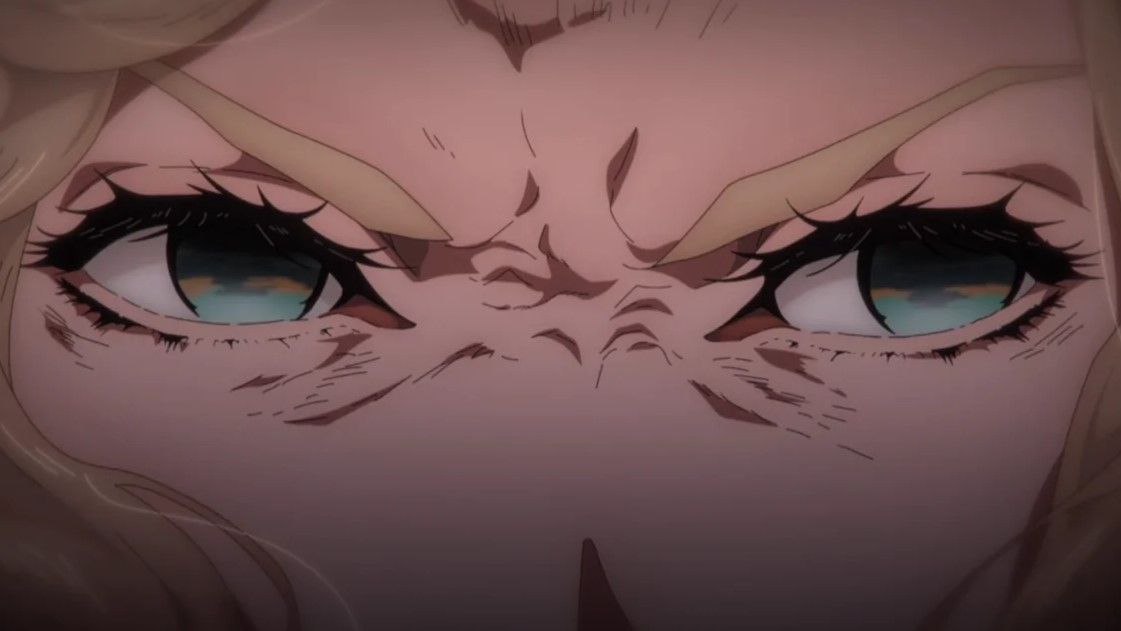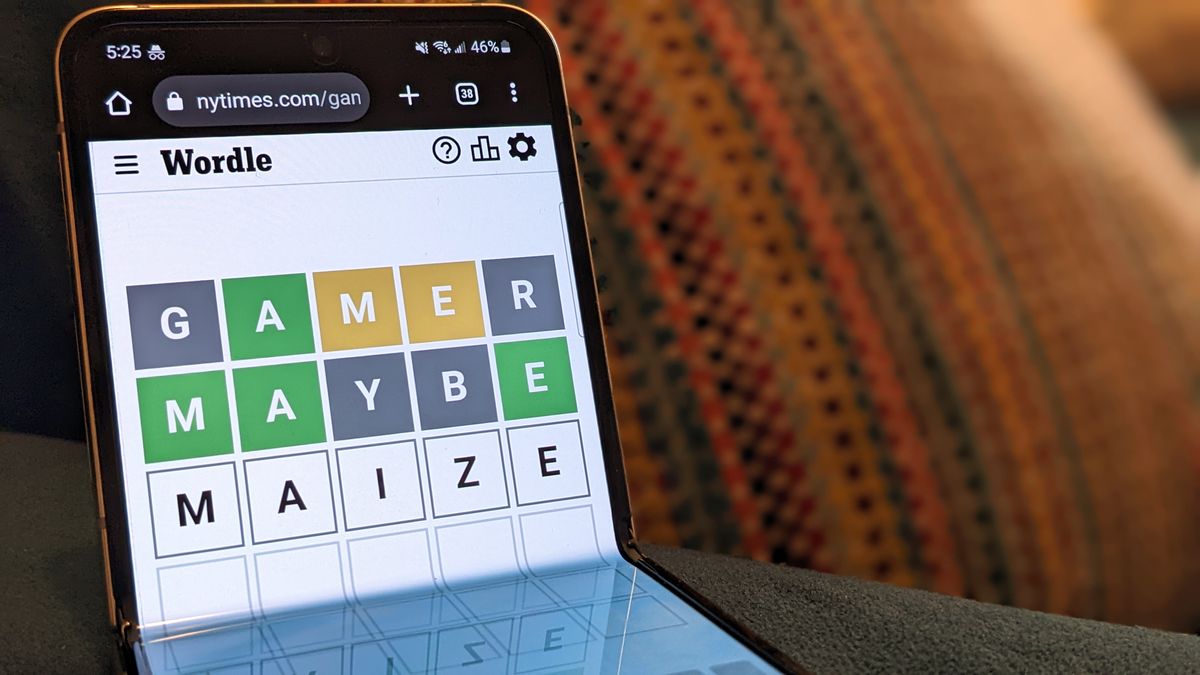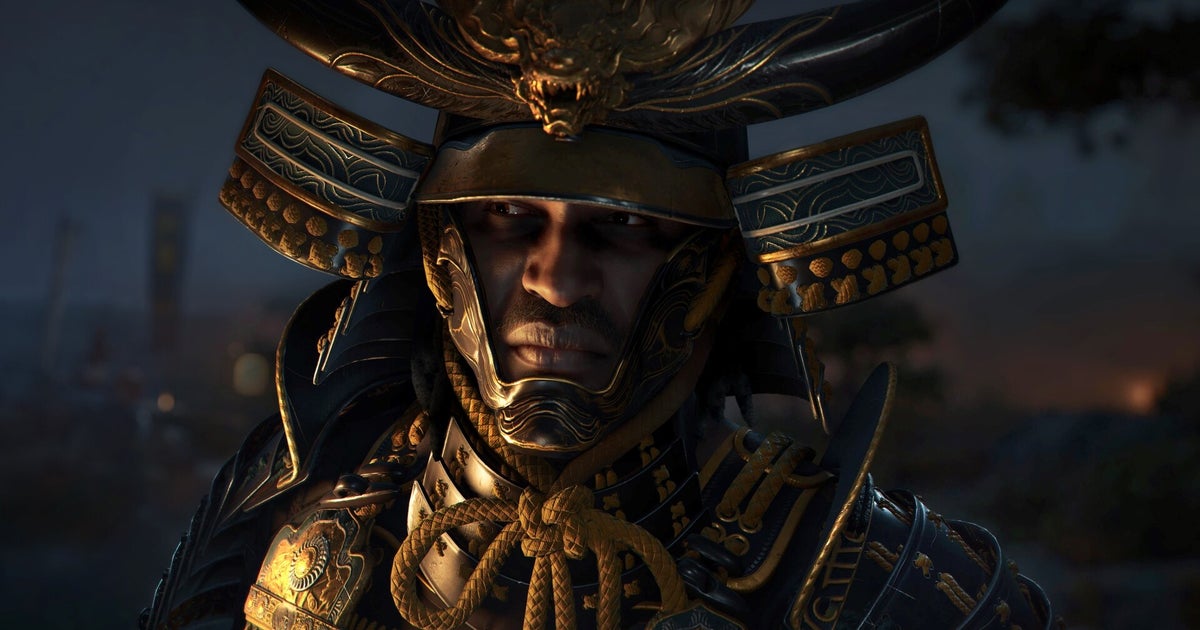It was difficult to be a Nintendo fan during the Wii years. The initial hype around its motion controls died pretty quickly when it became clear its real-world application was extremely limited. Worse, Nintendo seemed to be looking to gain favor with a broader audience and it seemed that its output suffered.
What sucked most was that it felt like motion control was being shoehorned into everything. Mostly because they were. I think 2010’s Donkey Kong Country Returns is exemplary of this. Retro Studios did an admirable job continuing Rare’s legacy, but the absolutely baffling decision was made to incorporate controller shaking. In particular, you had to shake the controller to get DK to roll. Rolls were necessary as a form of attack, but more importantly, rolling was used to extend jumps. Precise jumps, specifically. Jumps that you would see in the hardest levels. And it didn’t matter how simple the motion was, it was unreliable.
There was no reason for it, it could have easily been bound to the same button as “pick up/grab,” you know, just like it was in earlier games. You couldn’t turn it off. The mere fact that it had to be this was frustrates me to even talk about, but actually playing the most difficult levels with this hamstringer drove me insane.
So, anyway, Donkey Kong Country Returns HD doesn’t use motion controls and is better for it.
 Screenshot by Destructoid
Screenshot by DestructoidDonkey Kong Country Returns HD (Switch)
Developer: Retro Studios, Forever Entertainment
Publisher: Nintendo
Released: January 16, 2025
MSRP: $59.99
Technically, you could play Donkey Kong Country Returns without motion control on the 3DS already with Donkey Kong Country Returns 3D, but I feel like this sort of game needs a bigger screen.
The original Donkey Kong Country series was a heavy-hitter on the SNES, practically putting Rare on the map. If someone tells you that those games were only loved for their graphics and had standard gameplay, they were clearly in a Genesis household. Rare may have fronted with the lavish 3D-to-2D sprites, but the level design was top-notch. Sometimes maddeningly so. Loads of variety across its worlds.
After Nintendo and Rare had split, it seemed unlikely the series would continue in any form, so it was a surprise to see it again in 2010, and even more surprising to find out that it’s every bit as good as the original trilogy (motion control frustration aside). Honestly, while I prefer the vibes of the SNES titles better, the levels in Donkey Kong Country Returns reach offensive levels of creativity. From riding rockets to avoiding giant rhythmic hammers, it’s a master class at setpieces. It provides a stiff but fair challenge across its eight (main) worlds, and constantly finds new ways to surprise.
One of the first things that greets you when you start up a new game is a difficulty setting. There are two, and they’re hilariously named “Modern” and “Classic,” which made me wonder what year this is. “Modern” is easier because I guess COVID caused our thumbs to atrophy and our patience to thin. You have three hearts by default, and Cranky’s shop carries more items.
Beyond the fact that something from 2010 is considered no longer modern, I find it amusing that there’s an easier difficulty because Donkey Kong Country Returns already has difficulty options. It caused a bit of discourse at the time, even before the Dark Souls Easy Mode debate. There’s the Super Guide that plays the level for you if you screw up a few too many times, something that became insulting after the motion controls let me down during difficult segments. There are also potions that make you invincible for a while. But, yeah, extra difficulty options never hurt. I just wish they didn’t also make me feel old and worried for the new generations at the same time.
The story of Donkey Kong Country Returns is somewhat divorced from the original series, which was an escalating fight against an insane lizard. Donkey Kong’s banana horde is stolen again (as Cranky Kong points out, “So, who hasn’t stolen your bananas at this point?”), but this time, it’s by a strange army of tiki idols that can hypnotize the wildlife. Thankfully, DK’s advanced primate brain is immune to hypnosis, so he sets out to reacquire his bananas, assumedly before they turn brown.
 Screenshot by Destructoid
Screenshot by DestructoidMuch of Donkey Kong Country Returns feels like a re-tread of the first game. You have all the barrel blasting and mine carting that made that title stand out. Moreover, the heaps of tantalizing secret items that are dangled just out of reach make a return. While it’s a linear platformer, Retro Studios followed Rare’s example of sticking extra challenges and hidden nooks to find as you race to the goal. More importantly, you’re rewarded for searching things out, with additional levels awarded, mainly for collecting all the KONG letters.
The view is zoomed out a lot farther, and climbable surfaces have been added, which allows levels to have a lot more verticality to them. This also means that minecart sections require fewer split-second reactions. Personally, I never had a problem with the minecarts in the SNES game, but I know some hate those levels, so maybe this is less vexing? If it’s not, you’re going to hate the rockets.
Alongside the minecart segments, there are levels where you ride a rocket barrel through a forced scrolling section. These require you to press the jump button to pull up and raise your altitude, so it requires a bit more awareness than, say, a scrolling shoot-’em-up. It requires a feel for the responsiveness of the rocket, and there are some really narrow parts that might end up frustrating. I loved the rocket segments each and every time; they may be my favorite part of the whole experience. There’s something to be said about the simplicity, but Retro Studios was still able to put in some incredibly thrilling segments around your rocket-propelled journey.
 Screenshot by Destructoid
Screenshot by DestructoidThe bosses are a bit more of a mixed bag. Each one is heavily pattern-based, and there’s a lot of variety between them. Unfortunately, that same variety means that some are better than others. I had difficulty even figuring out what I had to do on some of them. Adding to that, the collision detection in Donkey Kong Country Returns is questionable a lot of the time, and this seems to manifest most when it comes to bosses. I’d find myself taking damage when I was clear of danger to the point where I captured a video of one moment, then viewed it and confirmed that the two models didn’t intersect. What the hell? I’m not sure if the shaky collision was this way in the original version. It’s only a minor annoyance overall; it just seems like an out-of-place loose thread in an otherwise tight and polished game.
The graphical glowup in Donkey Kong Country Returns is pretty understated. It’s mostly what it says on the tin: a higher-resolution version of the original. Donkey Kong has some added fuzz, but it’s clearly set before Tropical Freeze since he hasn’t yet discovered the amazing conditioner that gave him his incredible coat in that game.
The best comparison I can give is to say it’s like Luigi’s Mansion 2 HD. Nothing has really changed art-wise. The lighting is better, but it’s far from astounding. The textures are sharper, but they haven’t really changed. Backgrounds are largely untouched. It’s not the same magnitude of upgrade that Paper Mario: The Thousand-Year Door got, it’s largely just Donkey Kong Country Returns with more pixels.
 Screenshot by Destructoid
Screenshot by DestructoidIt was nice to revisit the game. I find that with platformers, unless they’re extremely unconventional, they kind of get sectioned away in my brain. Even when they’re particularly well-executed, as is the case with Donkey Kong Country Returns. But actually sitting down and playing them, I find I can still appreciate them.
And while Donkey Kong Country Returns HD doesn’t revolutionize the game, it still manages to become the definitive version of the title. If you haven’t played it before, you owe it to yourself to try it out. Retro Studios outdid themselves. They took what came before and expertly expanded and improved on it. It’s an astounding display of creative level design that is near unmatched in sidescrollers. And now you can play it without having to shake your controller.
[This review is based on a retail build of the game provided by the publisher.]
8
Great
Impressive efforts with a few noticeable problems holding them back. Won't astound everyone, but is worth your time and cash.
Destructoid is supported by our audience. When you purchase through links on our site, we may earn a small affiliate commission. Learn more about our Affiliate Policy

 3 days ago
3
3 days ago
3




/cdn.vox-cdn.com/uploads/chorus_asset/file/25623086/247270_Apple_watch_series_10_AKrales_0631.jpg)



 English (US) ·
English (US) ·